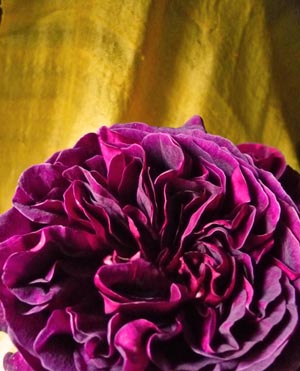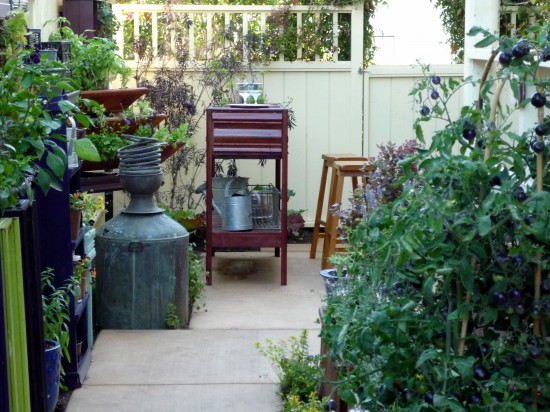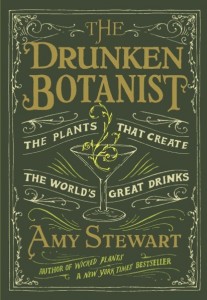Quando penso allo sviluppo del lato femminile delle persone, mi vengono alla mente molte qualità, che sono intrinsecamente presenti in ogni essere umano, sia uomo che donna. Credo che la femminilità, tra le tante qualità che porta con sè, sia ricettiva, intuitiva, equilibrata, generosa, creativa, nutriente, e portatrice di Vita.
Queste qualità non sono solo nelle donne, ma sono qualità del’anima che tutti noi abbiamo, più o meno nascoste, più o meno risvegliate. Anche la grazia, la bellezza, la sensualità, l’accoglienza e l’accudimento sono caratteristiche del femminile in noi.
Può l’Aromaterapia aiutarci a sviluppare queste qualità? Dal mio punto di vista sì. Gli oli essenziali possono aiutarci a entrare in sintonia con queste “vibrazioni interiori” che sono vive in ognuno di noi.
Che cos’è per esempio la Creatività? E’ una meravigliosa capacità di combinare elementi già esistenti in qualcosa di totalmente nuovo; è la capacità di ideare qualcosa che non esiste ancora, ma può essere portato fino al piano concreto, materiale.
Questa sorgente di vita che è la Creatività è presente in tutti noi, e può essere sbloccata. Oli essenziali quali per esempio il Gelsomino, sono vivaci aiutanti per la nostra Creatività da ritrovare.
Giovedì 28 febbraio alle 21 ci vediamo online in diretta streaming per una lezione gratuita su Aromaterapia e Sviluppo della Femminilità e dell’equilibrio del Chakra del Cuore”. Puoi partecipare iscrivendoti alla newsletter. Le lezioni gratuite sono un servizio agli iscritti alla newsletter, che esce una volta alla settimana.
Se ti fa piacere esserci, sei il benvenuto…in questo viaggio interiore laddove le essenze naturali ci portano per mano a ricongiungerci con parti di noi sempre più profonde. Ti aspetto!



